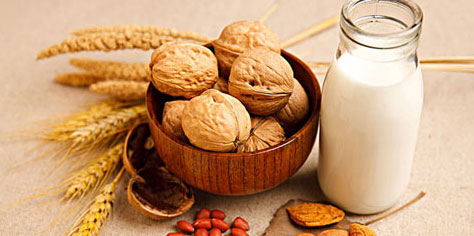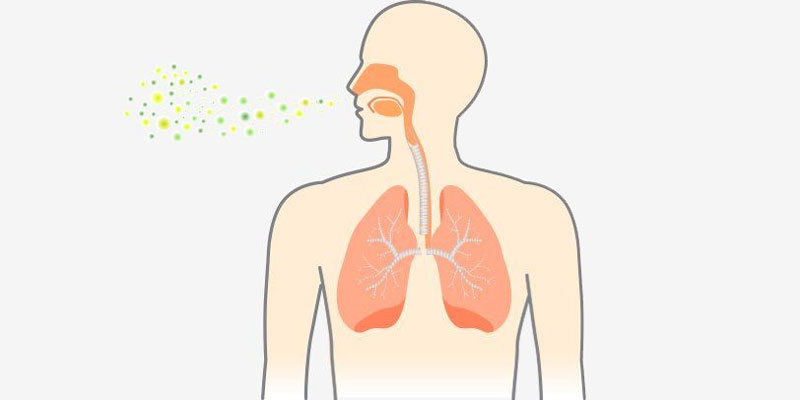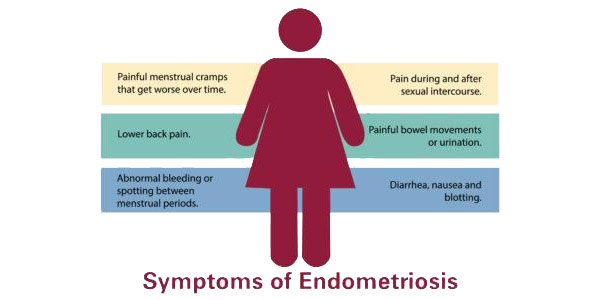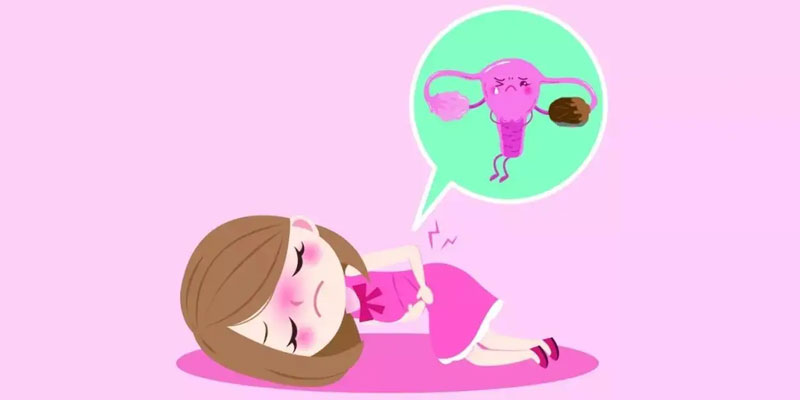Heat Exhaustion: More Than Just Feeling Hot
Jan 07, 2024
Everyone enjoys a bit of sun now and then. Summer brings picnics, beach outings, and fun outdoor activities. However, the sun can sometimes be too much of a good thing. Ever felt super drained after a day out in the sun? It might be more than just tiredness - it could be heat exhaustion. Here, we'll delve deep into understanding this condition and why it's essential to keep an eye out for it.
Breaking It Down: What's Heat Exhaustion?
Imagine your body as a machine. When it overheats, it starts giving signals, kind of like an engine's warning light. Heat exhaustion is one such signal. It happens when you've been out in the heat for too long, especially if you aren't drinking enough water. Think of it as your body's way of saying, "Hey, I'm getting way too hot here!"
Table: Heat Exhaustion vs. Heat Stroke – Spotting the Differences
Criteria | Heat Exhaustion | Heat Stroke |
Temperature | Body feels hot but usually below 104°F (40°C) | A dangerous rise, hitting 104°F (40°C) or more |
How's the skin? | Might be cool, pale, and covered in sweat | Very hot to touch, dry, and possibly red |
What about the pulse? | Beats faster, but feels weak, like a flutter | Thumps hard and fast |
Typical symptoms | Drenched in sweat, dizzy spells, feeling super tired | Very confused, might even faint, extremely agitated |
What to do? | Rest, drink water, cool down | Call for help! Needs urgent medical attention |
Recognizing the Telltale Signs
It's crucial to know what heat exhaustion looks like so you can spot it early. Here are some detailed signs:
- Sweating buckets: If you're dripping in sweat, especially if it starts suddenly, be alert.
- Skin feels cold and clammy: Even though it's super hot outside, your skin might feel cool and damp.
- Your heartbeat is all over the place: Your heart is trying its best to keep things normal, but it might feel super fast and a bit weak.
- Everything spins: Feeling light-headed or dizzy is a big sign.
- You're bone-tired: Even if you haven't done much, you might feel like you've run a marathon.
- Ouch, muscle pain: If your muscles cramp up, especially in your legs or tummy, that's a warning.
- Headache won't quit: An annoying headache that just won't go away.
- Feeling queasy: Your tummy might feel funny, or you might even throw up.
Why Does It Happen? The Causes
The Heat and Your Body
Your body is like a sponge. It soaks up the heat and needs to release it. Here's why sometimes, it struggles:
- Super-hot weather: Especially on days when it's not just hot but also very humid.
- Going full power: Doing tough activities in the sun without taking breaks.
- Not enough drinks: Not drinking enough means your body can't make sweat, which cools you down.
- Wearing the wrong clothes: Tight clothes or ones that don't let your skin breathe can trap heat.
Who Needs to Be Extra Careful?
Some people need to be a tad more cautious:
- Tiny tots and older folks: Babies and the elderly might not cope well with extreme heat.
- People with health issues: Conditions like heart problems, being overweight, or lung issues can affect how your body handles heat.
- Medication effects: Some medicines change the way your body reacts to heat.
Keeping Safe: Tips to Avoid Heat Exhaustion

The best way to deal with heat exhaustion? Don't get it in the first place! Here are some detailed tips:
- Stay hydrated: Keep sipping on water, even if you're not thirsty. Sports drinks can help replace lost salts.
- Dress for success: Wear light, airy clothes in pale colors. They help reflect the sun.
- Avoid the midday sun: Between 10 am and 4 pm, the sun is at its peak. Maybe stay indoors or in the shade during these hours.
- Break time: If you're out and about, find a cool spot to rest now and then.
- Use the fan or A/C: On very hot days, it's a good idea to stay inside with some cooling gadgets.
When Heat Exhaustion Strikes: What to Do?
If you or someone else starts showing symptoms:
- Head to a cool place: A shaded tree, an air-conditioned room, or even just out of direct sunlight.
- Drink up: Sip on cool water or a sports drink.
- Loosen up: Tight clothes can make things worse. So, maybe unbutton that shirt or take off that hat.
- Cool down: Put cold packs on your neck, wrists, or armpits. Or take a cool shower.
- When in doubt, get help: If someone doesn't feel better after an hour





